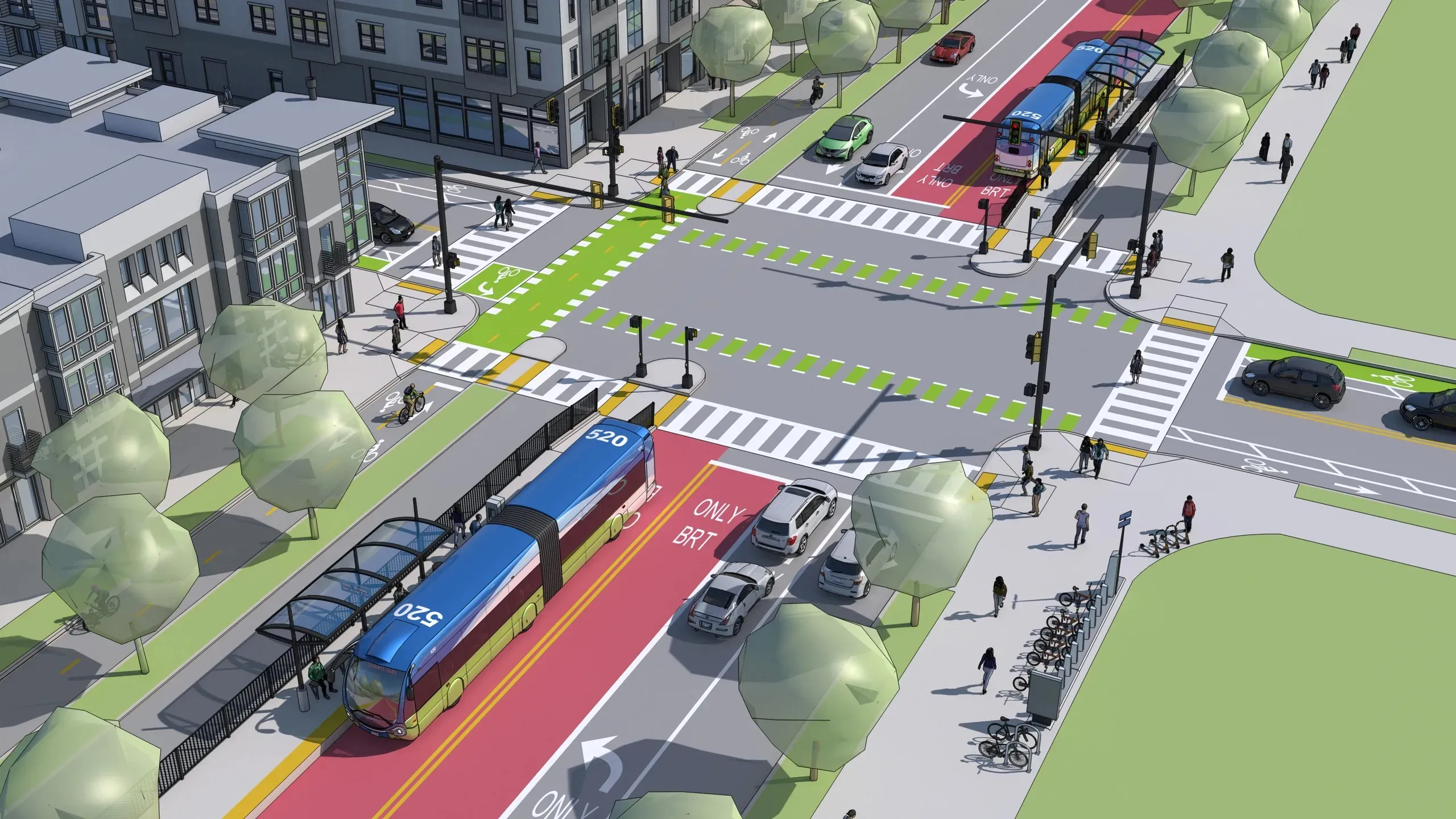The California Supreme Court decided last week not to consider an appeal of a case brought by opponents of the state’s $68 billion bullet train project, paving the way for the project to go ahead.
Opponents had questioned whether the California High-Speed Rail Authority was complying with the terms of the ballot measure that funded the project.
The appellate court agreed there are legitimate legal concerns about whether the “high-speed rail project the California High-Speed Rail Authority seeks to bui
October 20, 2014
Read time: 2 mins
The California Supreme Court decided last week not to consider an appeal of a case brought by opponents of the state’s $68 billion bullet train project, paving the way for the project to go ahead.
Opponents had questioned whether the California High-Speed Rail Authority was complying with the terms of the ballot measure that funded the project.
The appellate court agreed there are legitimate legal concerns about whether the “high-speed rail project the California High-Speed Rail Authority seeks to build is the project approved by the voters” but said the arguments were brought too soon.
Dan Richard, chairman of the board that oversees the high-speed rail project, said in a written statement that the state will move aggressively to build the system.
Demolition work and construction testing has already begun around Fresno, one of the hubs on the first 28-mile stretch in the Central Valley.
The decision concerns only one portion of the plaintiffs’ lawsuit. In a second phase still before the Sacramento County judge, attorneys will argue that compromises made to cut the price mean the bullet train won’t be able to travel from San Francisco to Los Angeles in two hours and 40 minutes as promised in the ballot measure.
Opponents had questioned whether the California High-Speed Rail Authority was complying with the terms of the ballot measure that funded the project.
The appellate court agreed there are legitimate legal concerns about whether the “high-speed rail project the California High-Speed Rail Authority seeks to build is the project approved by the voters” but said the arguments were brought too soon.
Dan Richard, chairman of the board that oversees the high-speed rail project, said in a written statement that the state will move aggressively to build the system.
Demolition work and construction testing has already begun around Fresno, one of the hubs on the first 28-mile stretch in the Central Valley.
The decision concerns only one portion of the plaintiffs’ lawsuit. In a second phase still before the Sacramento County judge, attorneys will argue that compromises made to cut the price mean the bullet train won’t be able to travel from San Francisco to Los Angeles in two hours and 40 minutes as promised in the ballot measure.








